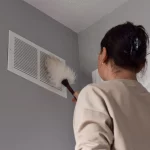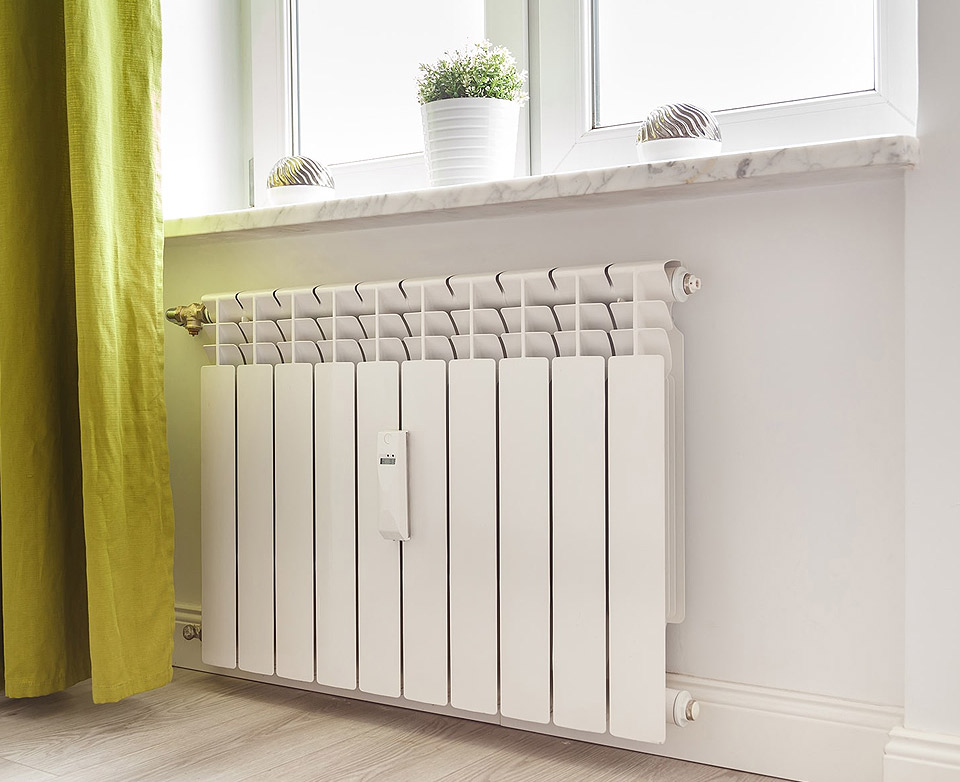Indoor Air Quality: Tips for a Healthier Home
Improving indoor air quality is essential for a healthier and more comfortable home environment. Poor indoor air quality can lead to health issues, such as allergies and respiratory problems. Here are some tips to help you maintain and enhance indoor air quality:
1. Regularly Change Air Filters:
- Replace or clean HVAC filters as recommended by the manufacturer or every 1 to 3 months. Clean filters ensure that your heating and cooling systems work efficiently and prevent the circulation of dust and allergens.
2. Use High-Quality Air Filters:
- Consider using high-efficiency particulate air (HEPA) filters, which can capture smaller particles like pollen, pet dander, and dust mites. HEPA filters are especially beneficial for allergy sufferers.
3. Maintain HVAC Systems:
- Schedule annual HVAC maintenance to keep your heating and cooling systems in optimal condition. Proper maintenance helps prevent the growth of mold, bacteria, and other contaminants within the system.
4. Control Humidity:
- Maintain indoor humidity levels between 30% and 50% to prevent mold and dust mite growth. Use a dehumidifier if needed in humid climates and a humidifier in dry climates.
5. Ventilation:
- Ensure adequate ventilation in your home to promote fresh air circulation. Use exhaust fans in bathrooms and kitchens, and open windows when weather permits to bring in outdoor air.
6. Remove or Reduce Allergen Sources:
- Keep your home clean and free from sources of allergens like pet dander, dust mites, and mold. Regular cleaning, vacuuming, and washing of bedding and curtains can help.
7. Minimize Chemical Use:
- Use natural cleaning products and avoid the use of harsh chemicals with strong odors that can contribute to indoor air pollution.
8. Air Purifiers:
- Consider using standalone air purifiers with HEPA filters or other advanced filtration systems in high-traffic or problem areas, especially if you have allergies or respiratory conditions.
9. Avoid Smoking Indoors:
- Smoking indoors is a major source of indoor air pollution. Implement a strict no-smoking policy inside your home.
10. Reduce VOCs:
- Volatile organic compounds (VOCs) are emitted by certain household products like paints, solvents, and air fresheners. Choose low-VOC or VOC-free products when possible, and ensure proper ventilation when using them.
11. Regularly Clean and Maintain Ductwork:
- If you have a ducted HVAC system, have your ductwork inspected, cleaned, and sealed as needed to prevent the circulation of dust, mold, and contaminants.
12. Houseplants:
- Some houseplants, like snake plants, spider plants, and peace lilies, can help improve indoor air quality by absorbing pollutants. Be mindful of plant care to avoid mold growth in the soil.
13. Test for Radon and Carbon Monoxide:
- Regularly test your home for radon gas and install carbon monoxide detectors to ensure that you're not exposed to these potentially dangerous pollutants.
14. Control Allergens in Bedrooms:
- Focus on maintaining clean and allergen-free bedrooms, as you spend a significant amount of time there. Use allergen-proof mattress and pillow covers to reduce exposure to dust mites.
15. Professional Assessment:
- Consider hiring an indoor air quality professional to assess your home's air quality and recommend specific solutions.
By implementing these tips and maintaining good indoor air quality practices, you can create a healthier and more comfortable living environment for you and your family.










